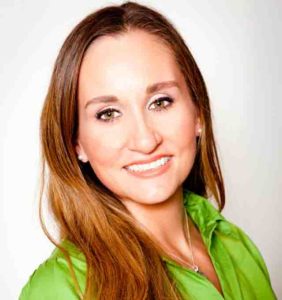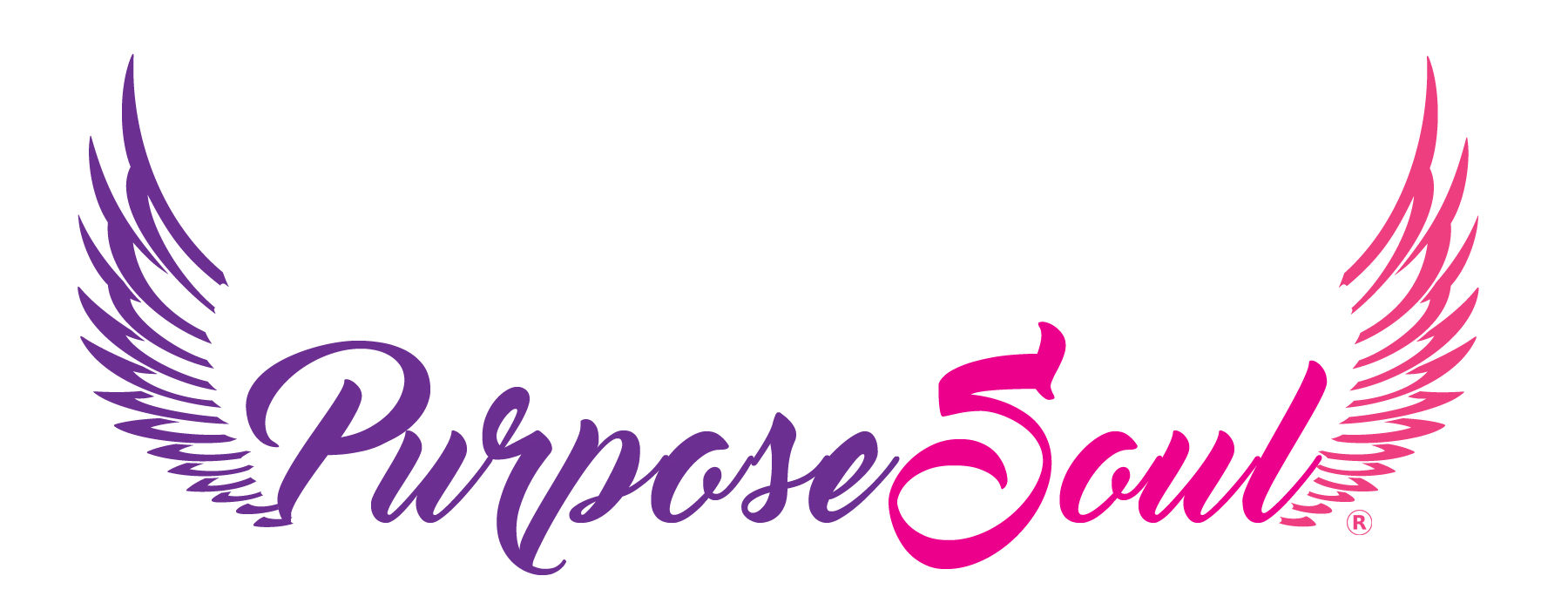About Misty

After a decade of running a social media marketing business in Miami, Misty has worked with a multitude of businesses and individuals locally, nationally and abroad. While each company she represented was unique in its products/services and goals, she began to notice that there was a gap between performance and the mental intangibles. Wanting to help her clients and peers break through these invisible barriers, Misty became certified as a Professional Life Coach (CPC) and Spiritual Life Coach (CSC) in 2015.
As an avid fitness enthusiast, sports fan and former cheerleading coach of championship teams, Misty has a passion for guiding athletes to perform at optimum levels through working on their game from the inside out. Truly competitive athletes are skilled at fusing their mind, body and soul. Misty’s performance coaching emphasizes these ideals to guide her clients to unlock their limitless potential.
In addition to her coaching credentials, Misty also holds a B.A. in Communication and English from Florida State University and is a certified Reiki Master.
[button font_size=”16″ color=”#932891″ text_color=”#ffffff” icon=”” url=”http://purposesoulliving.com/athlete-and-team-mindfulness-programs/” width=”” target=”_self”]Learn more about working with Misty.[/button]
Misty’s Story
Throughout high school and into my first couple of years of college, I was a peewee cheerleading coach for a Pop Warner football league. What started out as a way to earn community service hours, became a passion that I would spend two decades trying to emotionally replicate. I wasn’t an exceptionally talented cheerleader previous to coaching, yet looking back I can see that I was developing a passion to coach. I willingly spent countless hours coming up with ways to teach the basics and instinctively, I emphasized mindset. I never even used the word “mindset,” nor did I know what mindfulness was, but I knew it was the key to winning championships. And we did. Every single year for five years my cheerleading squads ranked in the top three in competitions, which were held once a season. One of those squads was locally renown as being exceptional and went on to place third in the state. Yes, we cheered on the football team on Friday nights and Saturday afternoons, but our real work was preparing for competition.
One of my number one rules was the girls, who were of elementary school age, were not allowed to say the words, “I can’t.” They could say, “I’ll try,” but never, “I can’t.” If they uttered those words, I made them run a lap, do crunches, do jumping jacks, or whatever to make them think twice about using that phrase. I wanted them to grow confidence. I was always terribly subconscious at everything I did, and I wanted to do my best as a coach to give them what I didn’t have. I heard so many times, “you can’t” from coaches and teachers, even after I said, “I’ll learn.” Even as a teenager, I recognized this was detrimental and I didn’t want the girls on my teams to ever think I was placing limits on them. In fact, I would tell them, if you can learn a particular skill, I’ll put you in the front of the lineup. I tried my best to be both fair and encouraging, while pushing them to be their best.
In yet another example of coaching mindfulness (again, on instinct, not from a learned practice), on the morning of competition, I would ask the girls to stand with me in a circle and hold hands. I asked them to close their eyes. I verbally led them through the competition routine. I even threw in someone making a mistake so I could walk them through everyone keeping calm and carrying on as if the mistake didn’t happen. Even though I didn’t know the term at the time, I was teaching them visualization. And they won again and again.
In thinking about those magical years, I know that it was shaping me for my purpose. I grew up around sports and coaching; my dad was a football coach and roller hockey coach for my brother’s teams. When I wasn’t coaching cheerleading, I was constantly asking to go to practices and to be on the sideline. I loved, loved, loved being a part of that action. I craved the competitive energy. I was obsessed with the idea of shaping individuals into a winning team and often chatted with my father about how to speak with them. My dad was the king of locker room and sideline speeches and once punched a concrete wall (later admitting he hurt his hand) to hype the team up by demonstrating, “no fear, no pain.” Coaching, and my love of it, went way beyond the physical fundamentals. There was the excitement of competition in the heat of the moment, taking everything you have prepared for and being mentally sound enough to thrive in the middle of a game or competition.
I would spend two decades chasing other dreams only to come full circle to a passion I found as a teenager.
My name is Misty Buck and I’m a coach of champions.
